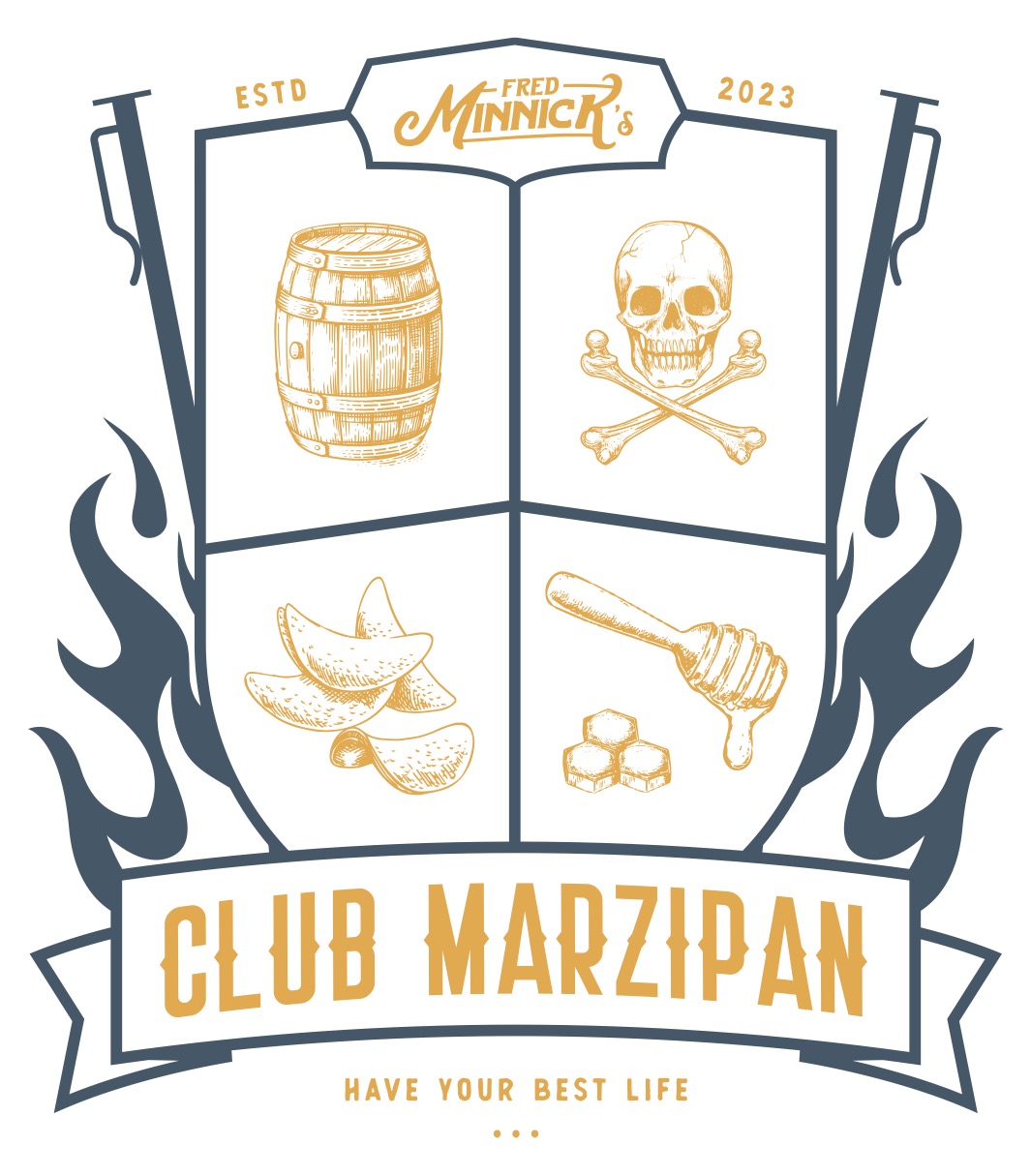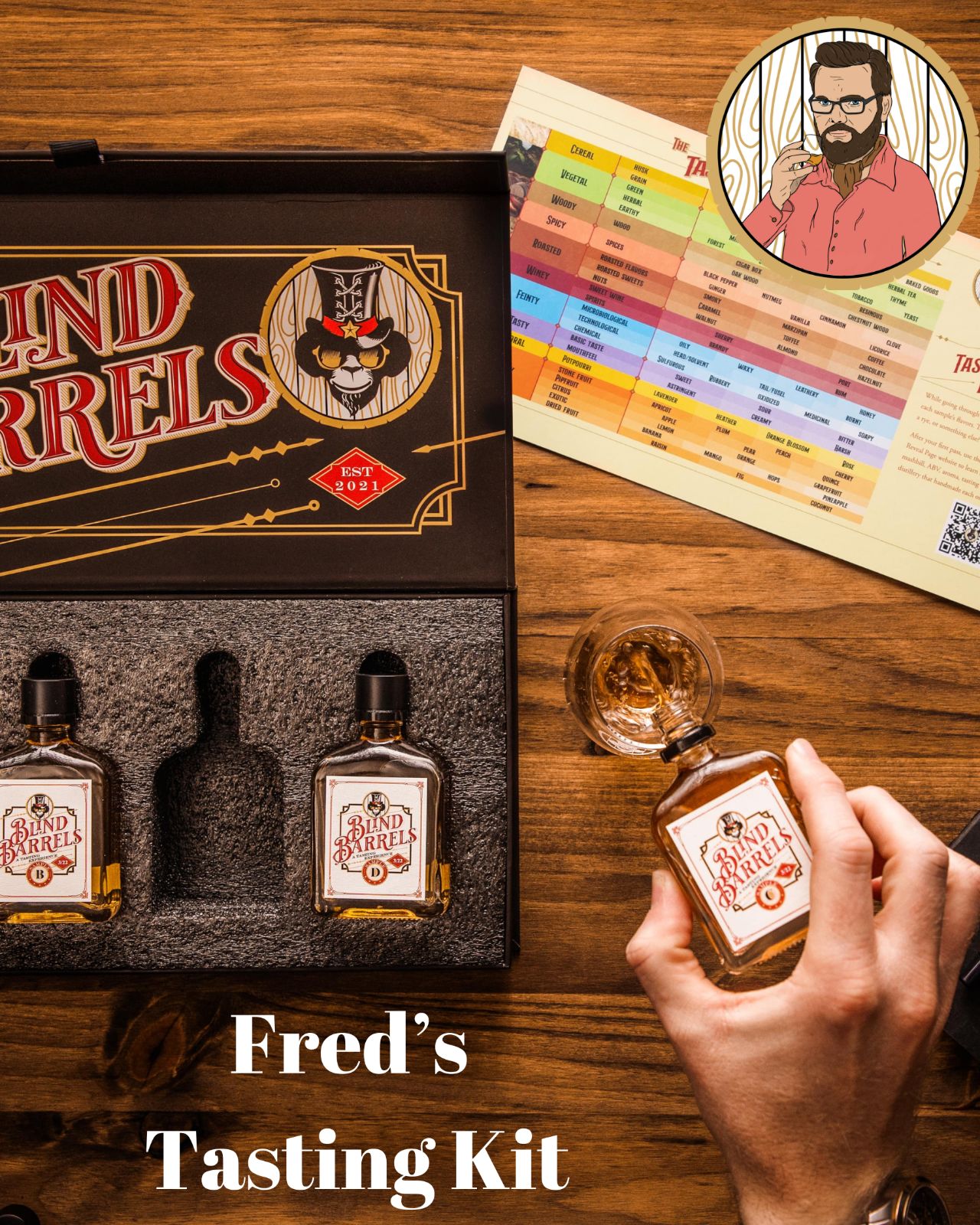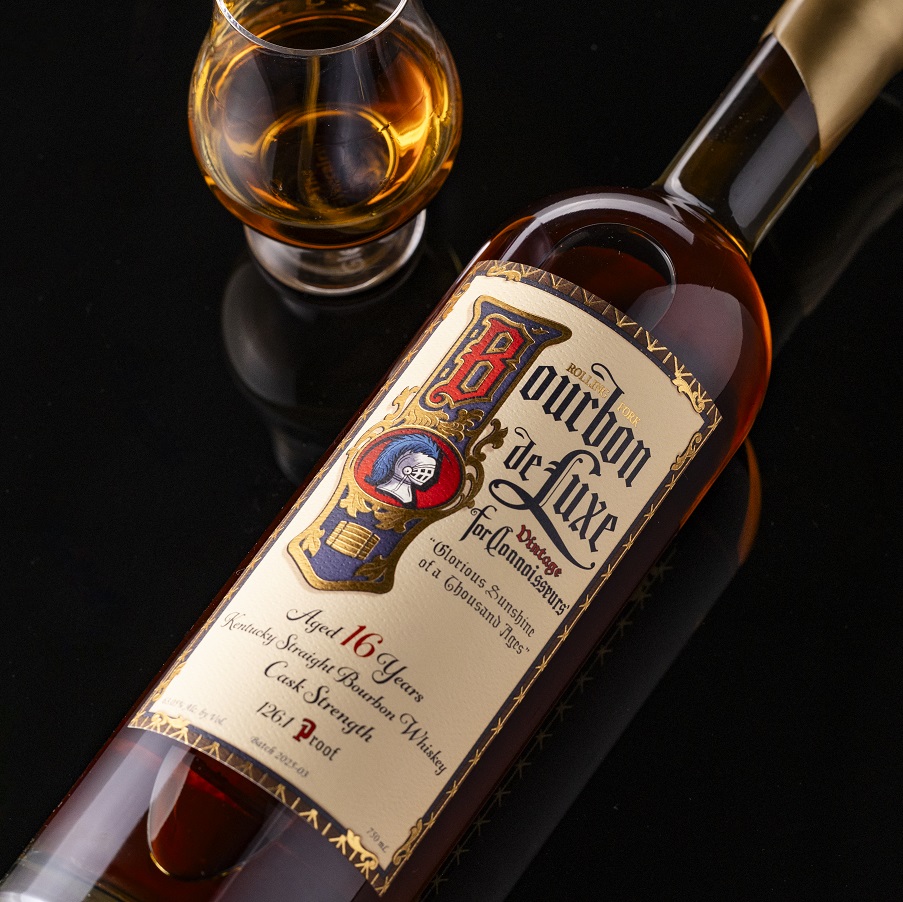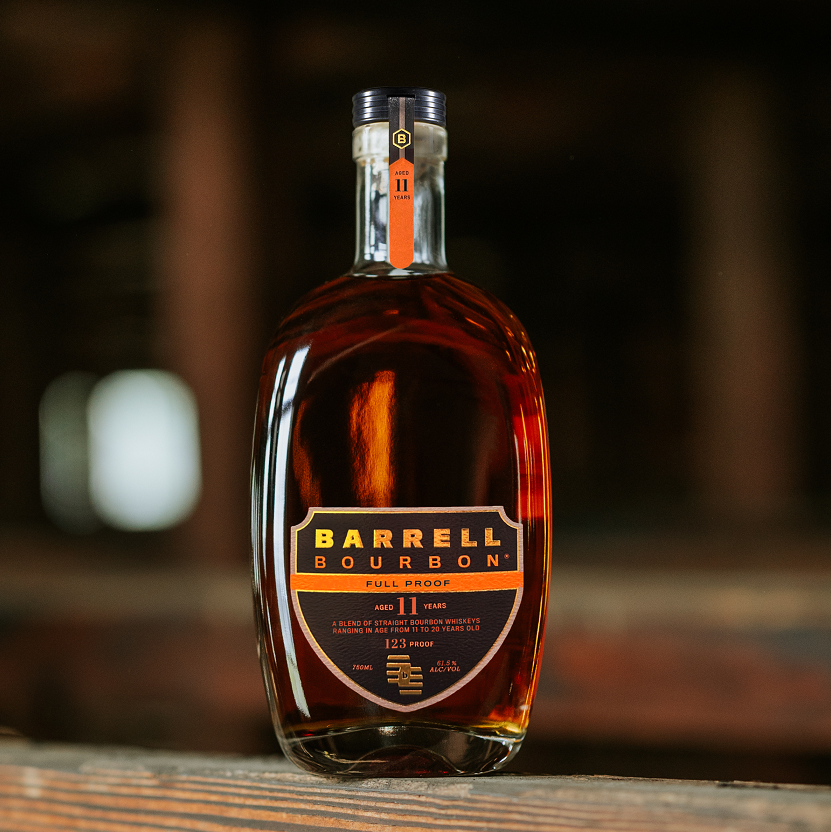Exclusive: The ‘Unsanctioned’ Secret About Tales of the Cocktail
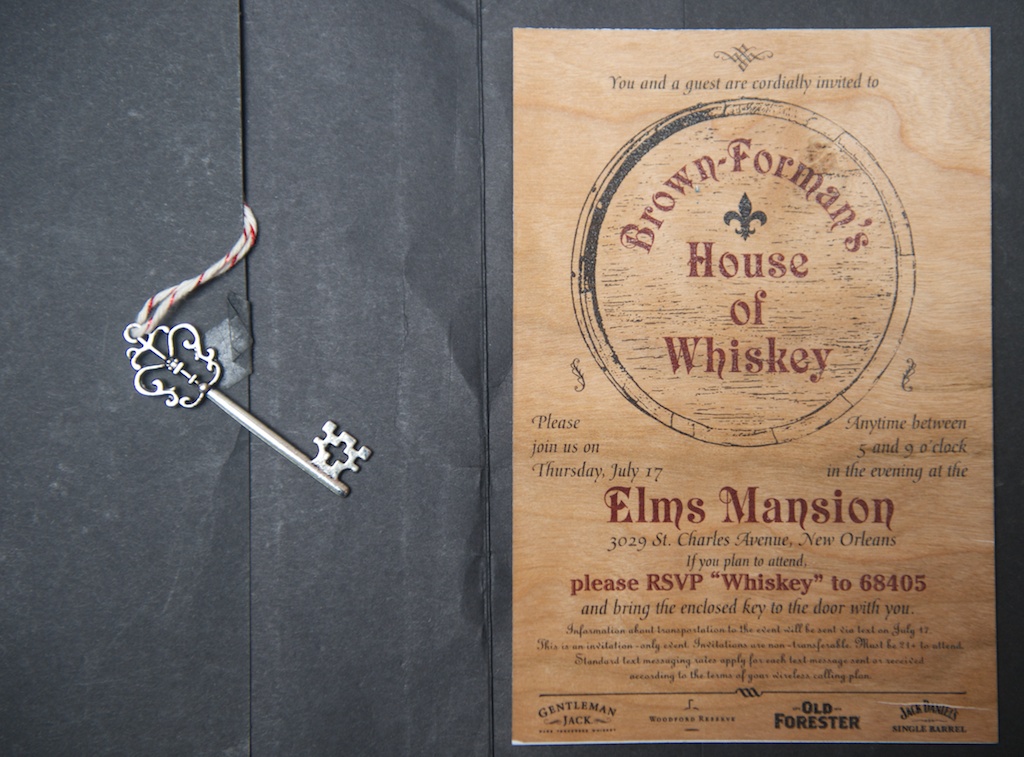
Prior to attending Tales of the Cocktail last week, I received hundreds of pitches from publicists trying to set up meetings with their respective brands. One caught my eye. It was an apology from WhistlePig Rye Whiskey: “We have been informed by Tales of the Cocktail that our previous invitation represents an unsanctioned event. WhistlePig is an official participant and proud sponsor of Tales of the Cocktail, however, we were unaware that our affiliation is limited to on premise events. The fault is entirely ours…”
Bad, WhistlePig!! No more premium Canadian whisky barrels for you!
Wait, what is an unsanctioned event anyway?
It’s basically a party, seminar or cocktail event away from Tales, a non-profit cocktail festival that earns its revenue off of sponsorship and ticket fees. You can read sponsorship levels here, but they start at $250 and go up to $10,000. (Other for-profit cocktail festivals ask upwards of $50,000 for private rooms.)
Going to Tales, I wondered if I’d catch wind of other unsanctioned events. And if I did, would I investigate them? Why were people doing them? And what did Tales think about somebody using the event as a platform to schmooze its attendees?
Lo and behold, while sipping a Pernod Absinthe cocktail in the lobby of Hotel Montleone, a friend asked me if I was going to the unsanctioned Brown-Forman event. No, I said. He then gave me a discrete black card with an old timey key stringed inside. The invitation for Brown-Forman’s House of Whiskey felt secretive and featured Woodford Reserve, Jack Daniel’s, Old Forester and Gentleman Jack. Surely, ever-ethical Brown-Forman wasn’t trying to pilfer people from Tales of the Cocktail.
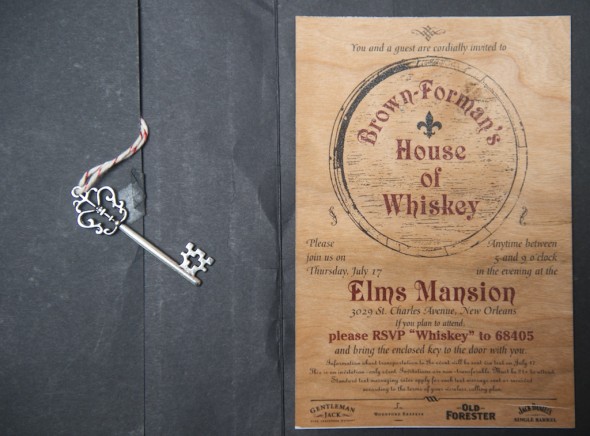
Then, I received an email from the Tales Founder Ann Tuennerman urging me, other media and sponsors to not attend the Brown-Forman event and other unsanctioned parties. “Brown-Forman has elected to use the popularity of Tales of the Cocktail, and the fact that the Event attracts tens of thousands in the Spirits and Bartending Community, from around the World to New Orleans, while continuing to not participate as a Sponsor,” Tuennerman wrote. “I have said in the past, it is unfortunate but some brands elect to not support the bartending community and ride on our proverbial coattails. …”
Brown-Forman did not comment on the unsanctioned event, but said there is a history between the spirits conglomerate and Tales. “We have a right to do promotions when we want to do promotions,” Brown-Forman spokesperson Phil Lynch told me.
But it may not be that simple.
Tales of the Cocktail saved the New Orleans bar scene, says Neal Bodenheimer, owner of the popular Cure in Uptown NOLA. On a more global scale, Tales reinvests its revenues into financial aid and education for bartenders.
After Hurricane Katrina, the spirits community was one of the only factions that came to New Orleans, Bodenheimer told me. “Ann is trying to protect her sponsors and New Orleans,” Bodenheimer says. “I can understand why a smaller brand would do an unsanctioned event, but Brown-Forman has no reason. They have the money to be active. … There’s a lot that Ann does year-round to make sure this is a great event. People try to take advantage of that; I can see why she is frustrated. She has to protect New Orleans.”
Tuennerman’s home flooded during Hurricane Katrina and she found herself displaced, living in Houston and New York. When she returned to New Orleans January 1, 2006, her then boyfriend (now husband) took out a loan to execute Tales of the Cocktail. She had no major sponsors. “It took several years for me to pay that loan back,” she told me.
As Tales has grown to an annual attendance of 15,000 to 18,000 bartenders and developed events in South America, Tales is largely thought to be a cash cow and Tuennerman’s sponsorship advocacy has rubbed many sponsors the wrong way. But Tuennerman says Tales is not making money “hand over fist. … I understand this perception is out there, but I don’t even have a retirement savings and my husband works a full-time job so I can do Tales full time.”
The Tales Spirited Awards cost $300,000 to produce, Tuennerman says, and “we lose money on that.”
Last year, according to the University of New Orleans, more than 200 Tales events yielded a $14.1 million impact on the New Orleans economy and an additional $1.1 million in state and local tax revenue. Bodenheimer says unsanctioned Tales events could hurt this impact because they keep patrons from visiting New Orleans restaurants and bars.
“Tales is becoming a lot like the Super Bowl,” Bodenheimer says. “During the last Super Bowl, hotel venues and parking lots were the only places that made money. People weren’t out in restaurants as much.”
Bodenheimer says a small party in a hotel room, aka an unsanctioned event, is not effective. “Go host people at a bar,” he says.
When it comes to unsanctioned events, I have heard rumors about crazy stripper parties and witnessed smaller brands bringing bottles into another brand’s tasting room or placing stickers on people’s cups as they left. “You just tasted so and so’s tequila; now try mine.”
Steve Gubb, who spent $6,750 on a couple sponsorships for his new rum, Gubba Rum, says these guerilla marketing tactics are “dirty. To show up at somebody else’s tasting room is a sleazy way of doing business.”
To stop unsanctioned events, Tuennerman plans to research and pursue a “clean zone,” which New Orleans created in 2013 to protect Super Bowl vendors from losing revenue to non-vendor outfits. New Orleans mayor Mitchell J. Landrieu said {for the Super Bowl} the clean zone eliminated confusion and “requires that commercial businesses get the appropriate permits if they wish to operate….”
If Tuennerman receives this special ordinance, New Orleans essentially says Tales of the Cocktail is as big and important as the Super Bowl.




